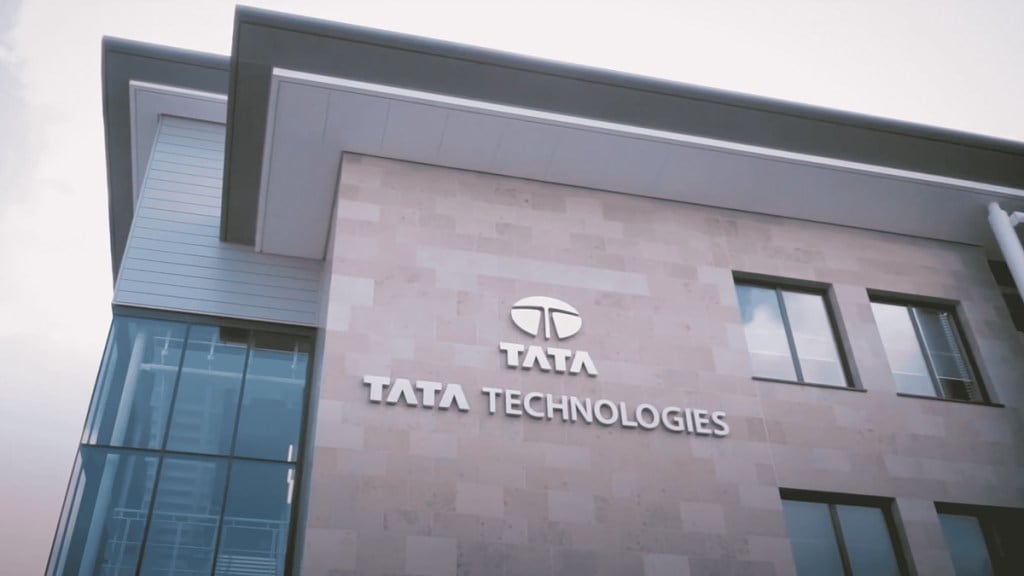Tata Technologies, a product engineering and digital services company, reported a 10% sequential decline in net profit to Rs 170.28 crore for the June quarter. Total revenues fell by 3.2% quarter-on-quarter to Rs 1,244.3 crore. The fall in revenue was attributed to a delayed ramp-up and prolonged decision-making processes. In constant currency terms, total revenue decreased by 2.1% quarter-on-quarter to $ 145.3 million. The company experienced a 200 basis point contraction in Ebitda margins, partially due to a change in the mix of offshore and onsite work, besides declining revenues. Accordingly, the Ebitda margin stood at 16.1%.
Tata Technologies’ attrition rate rose to 13.8%, up from 13.2% in the previous quarter. The company’s total workforce now stands at 12,407. The company plans to focus its hiring efforts on high-priority areas such as artificial intelligence (AI) and embedded systems.
Warren Harris, chief executive officer and managing director, noted that the first quarter performance fell below expectations, impacted by tariff announcements in the North American market and the changes in propulsion policies. This situation affected not only customers in North America but also those with strong exposure to the US market. However, Harris viewed this as a temporary setback. He anticipates a robust recovery in the second quarter as well as in the latter half of FY26. This outlook is supported by strong commitments from its two anchor customers,Tata Motors and Jaguar Land Rover (JLR), as well as six new deal wins in Q1 FY26. Harris emphasised that the automotive sector is product-driven, and original equipment manufacturers (OEMs) that have not invested in the past year are expected to make overdue investments in new products, with market sentiments displaying signs of improvement.
Harris remains committed to achieving double-digit growth for FY26, though he acknowledged that this goal heavily depends on the outcomes of the second quarter. According to Harris, the next three months will be crucial in determining whether this target is achievable.
Additionally, the company’s education sector has experienced a rebound, alongside growing demand in the aerospace vertical. The confidence exhibited by Airbus in Tata Technologies’ execution capabilities is anticipated to create further opportunities. Like Boeing, Airbus is currently facing challenges in aircraft production due to supply chain issues. Tata Tech sees this as an opportunity to work with the supply chain.
Harris expressed optimism about a sequential recovery in Q2 and a stronger second half of FY26, bolstered by the company’s deal pipeline and a visible market momentum.
Some of the deal wins by the company include an engagement with a European luxury automotive OEM, an Asian airline company for a fully integrated docking system, multi-year deal with a global CV OEM for end-to-end product engineering, deal with a Tier-1 North American supplier for engineerig support, engagement with Volvo Cars for product engineering, embedded software and PLM and the partnership with Emerson to co-develop integrated testing and validation solutions for next-gen mobility.

